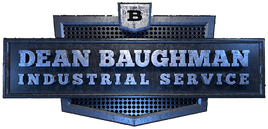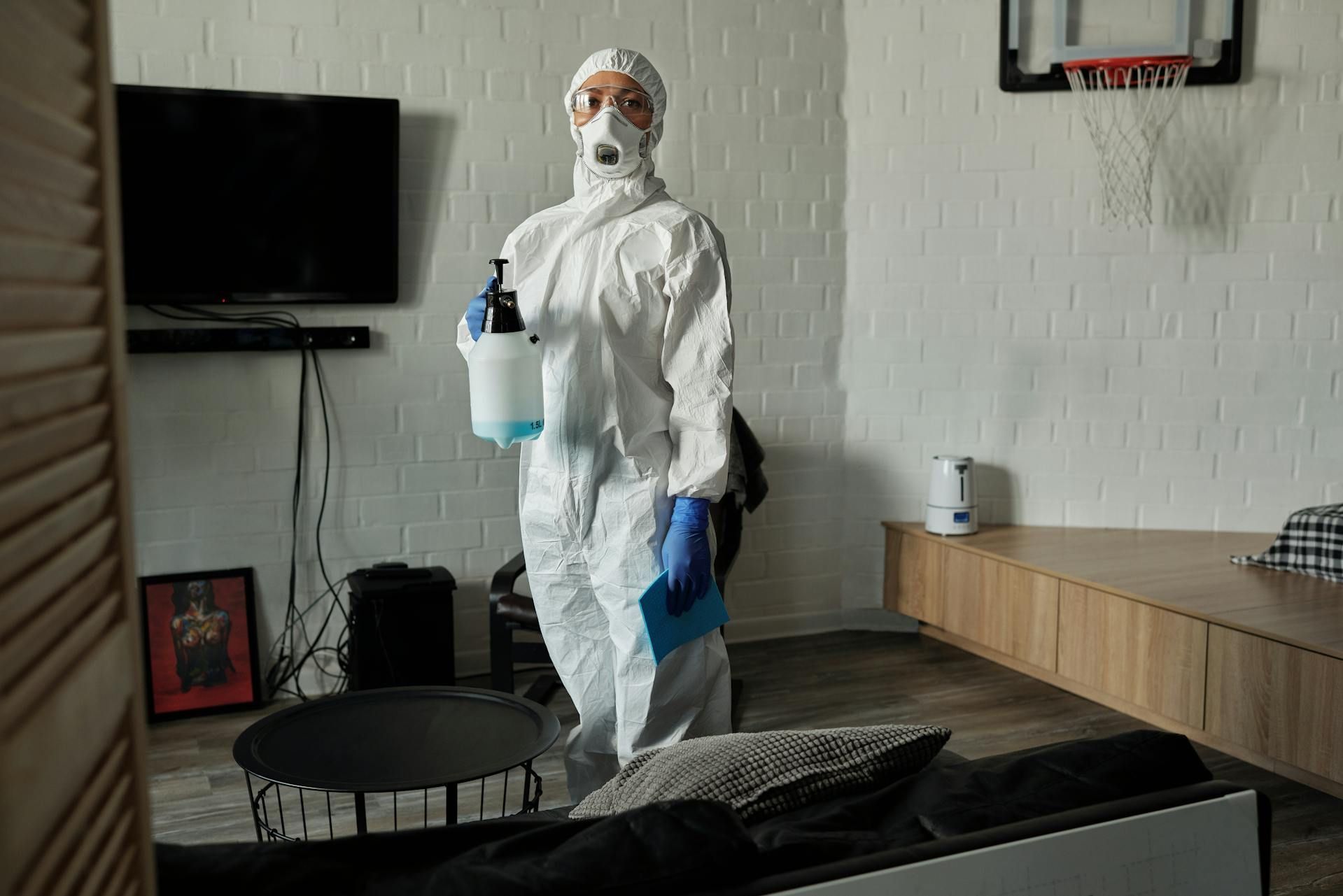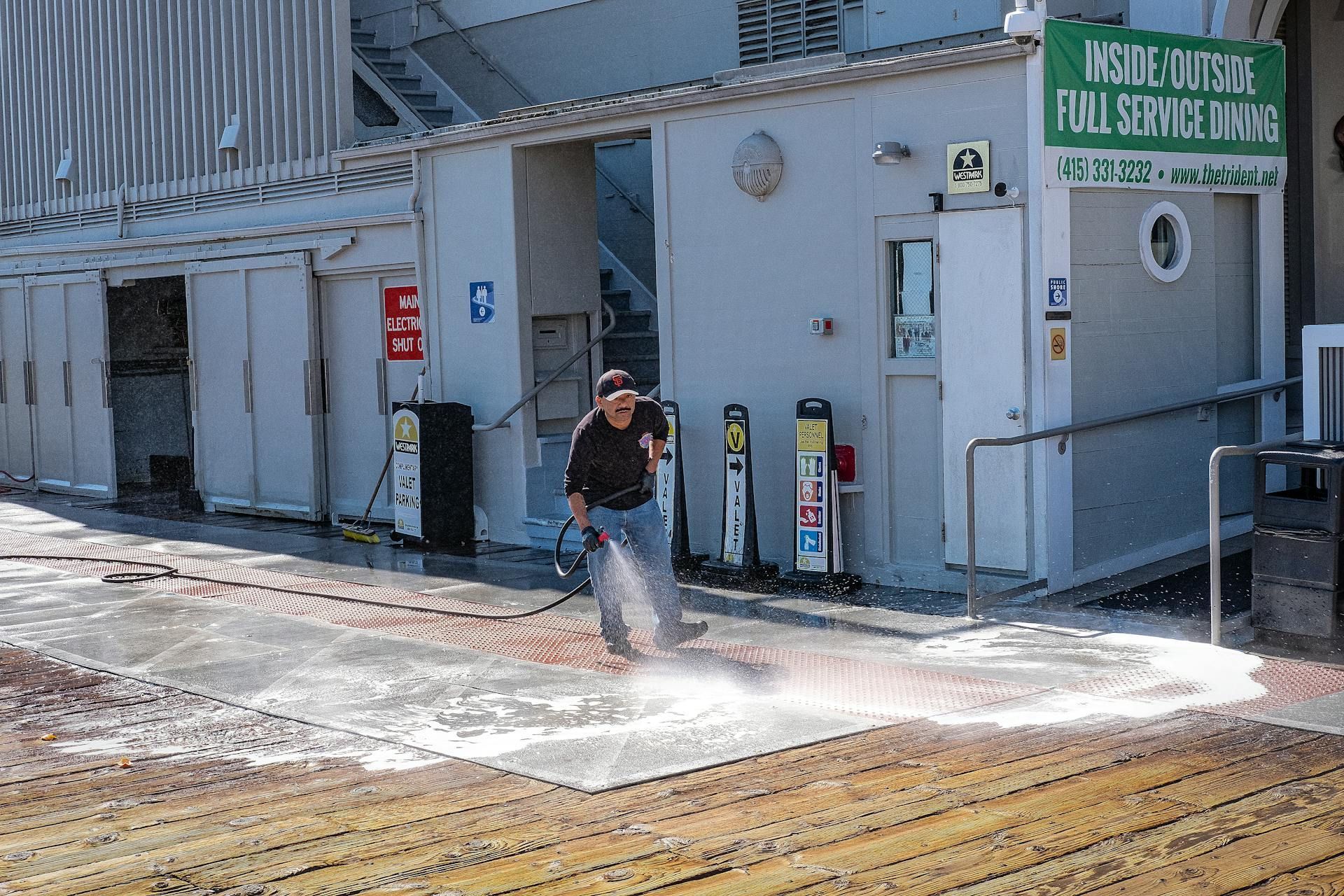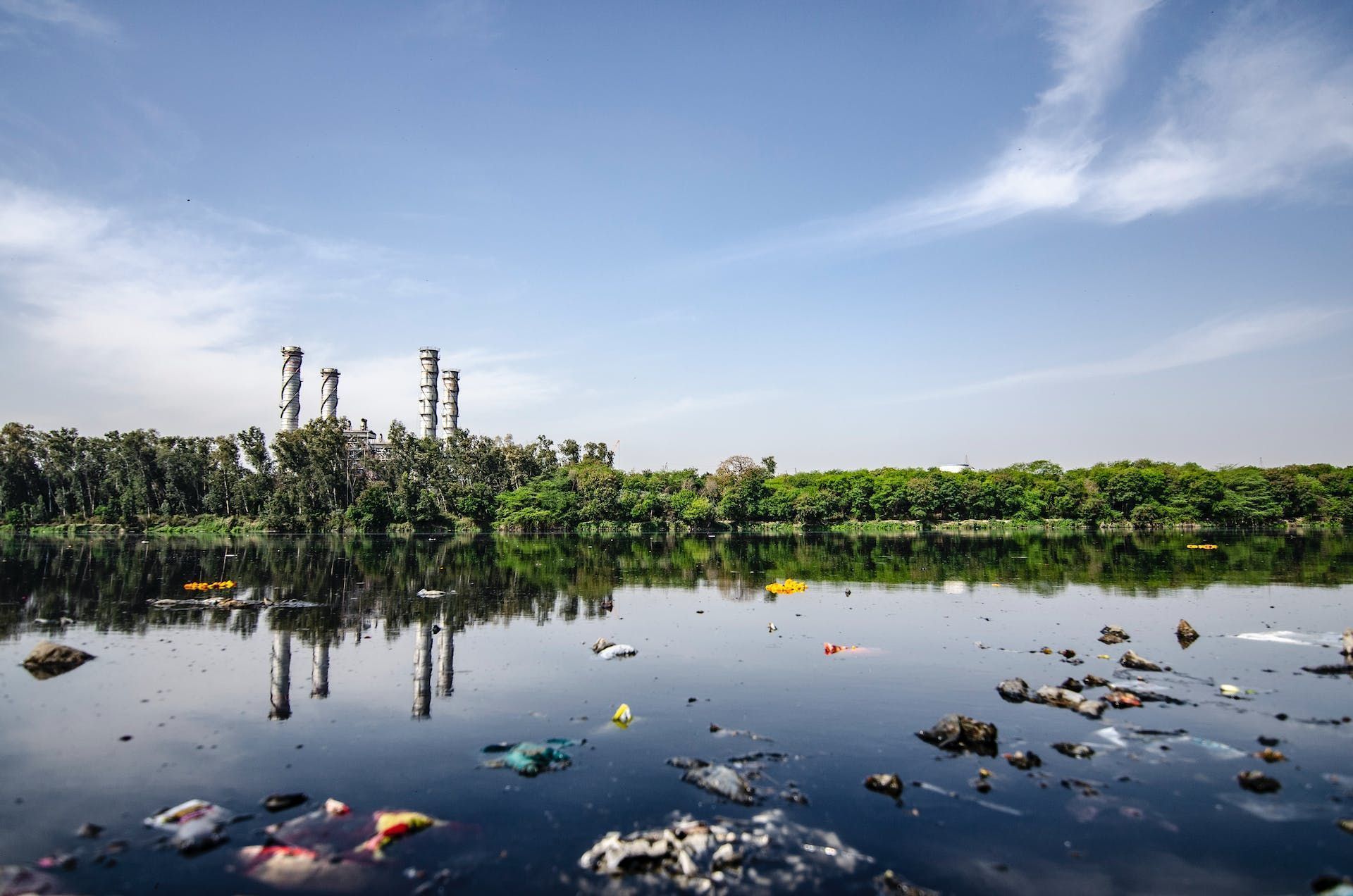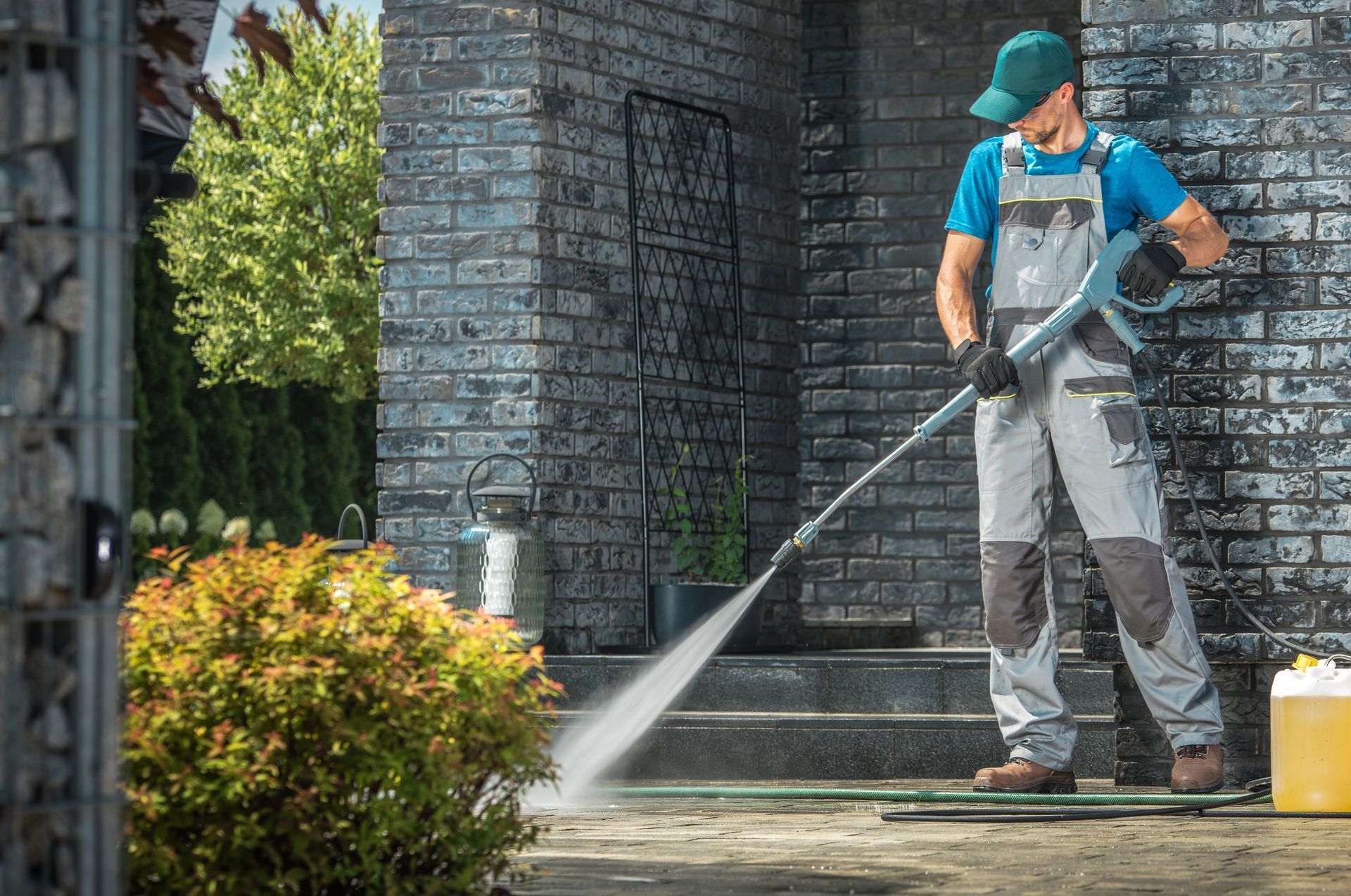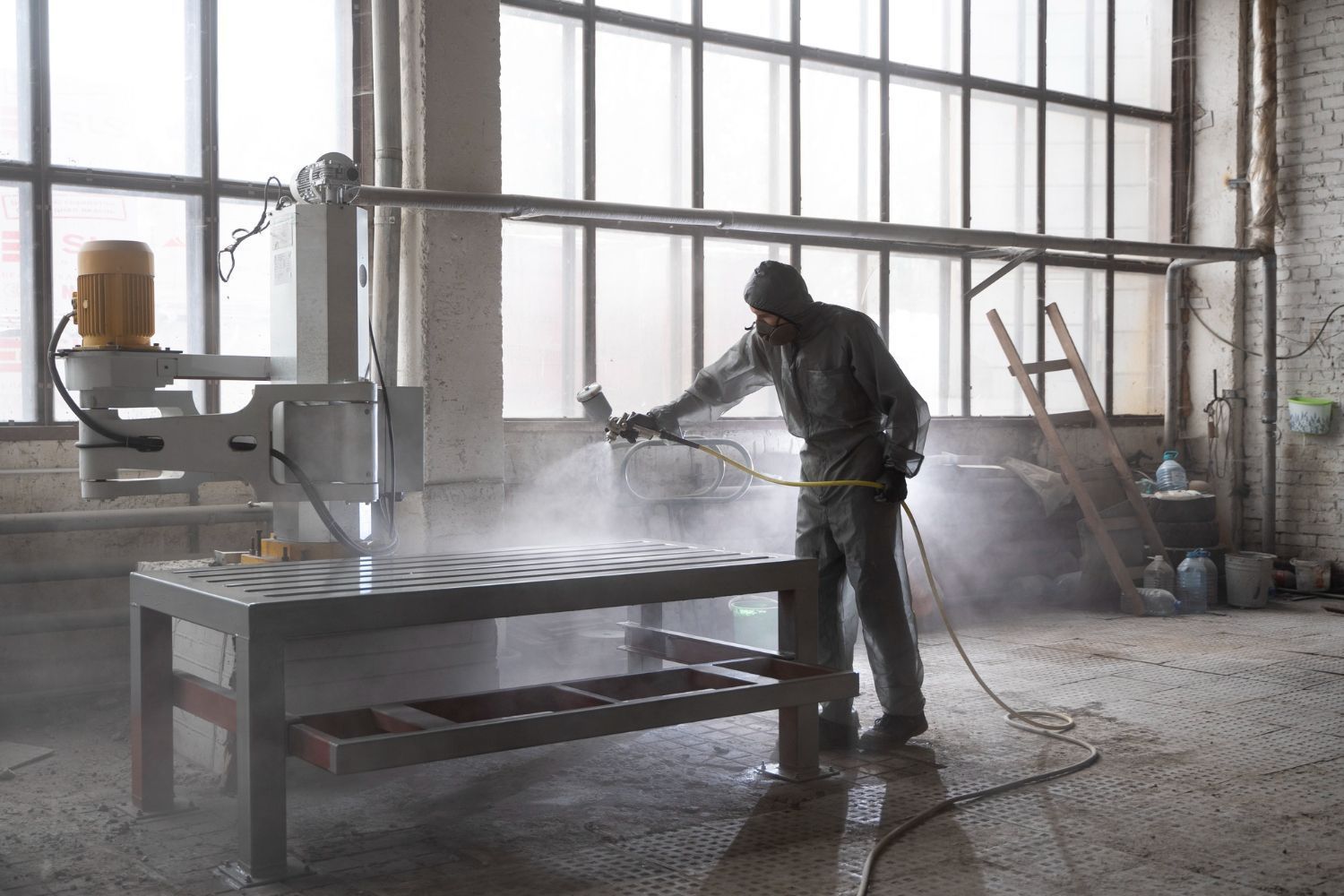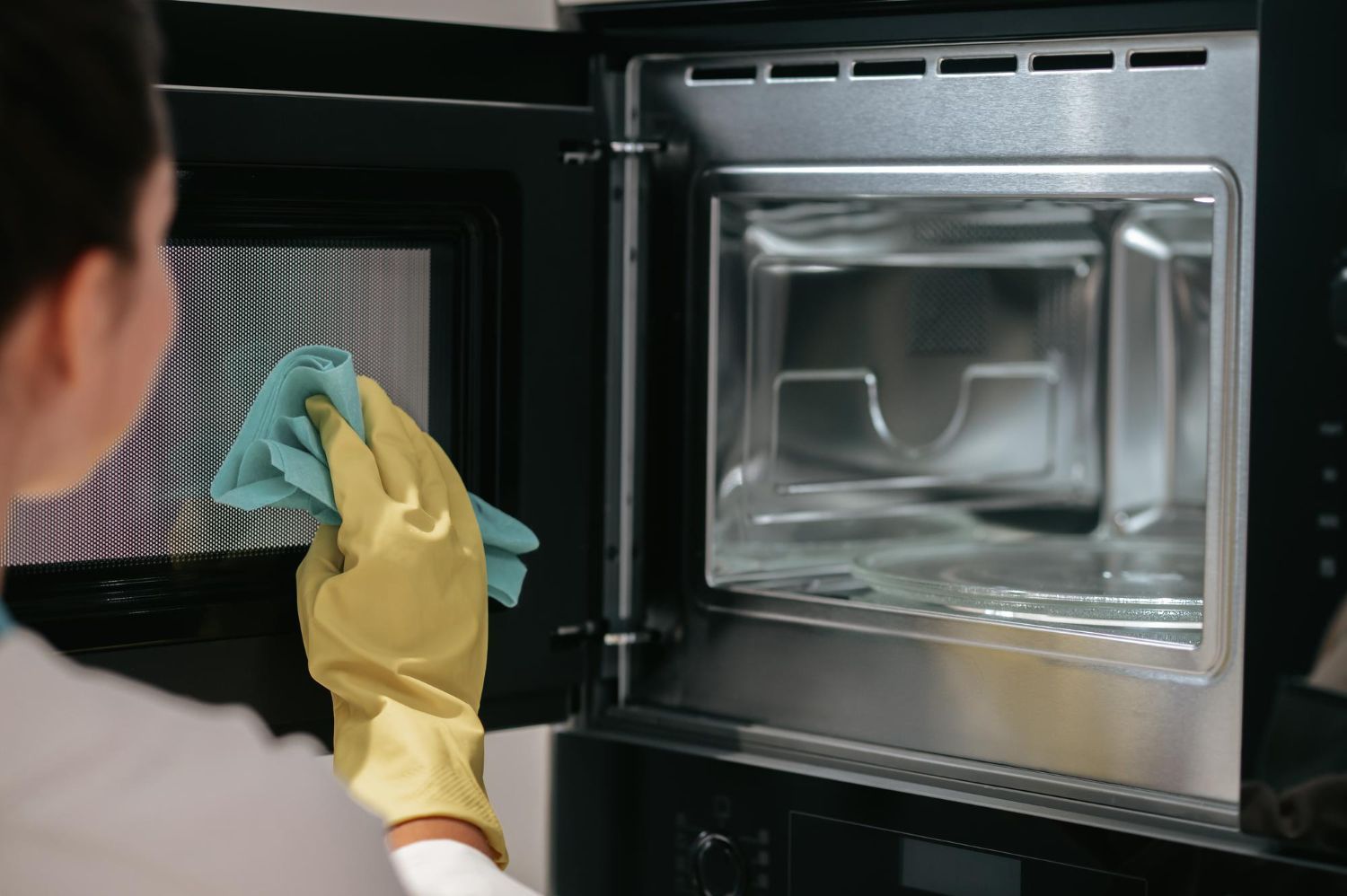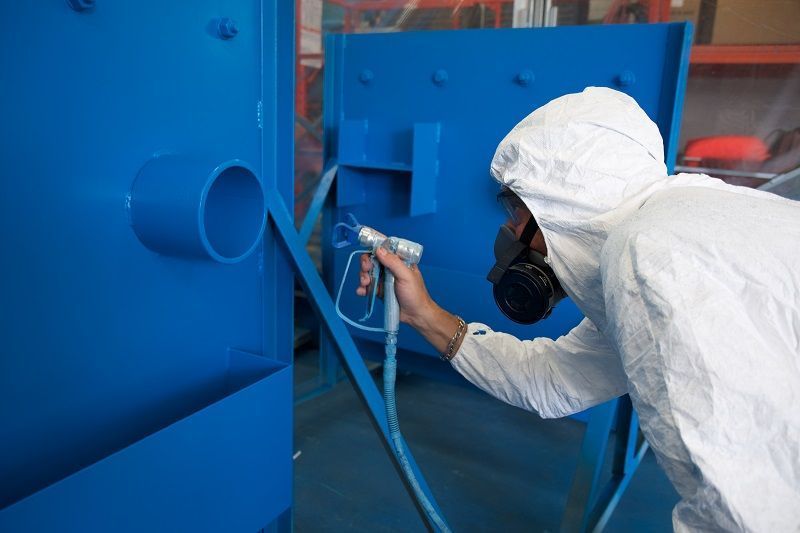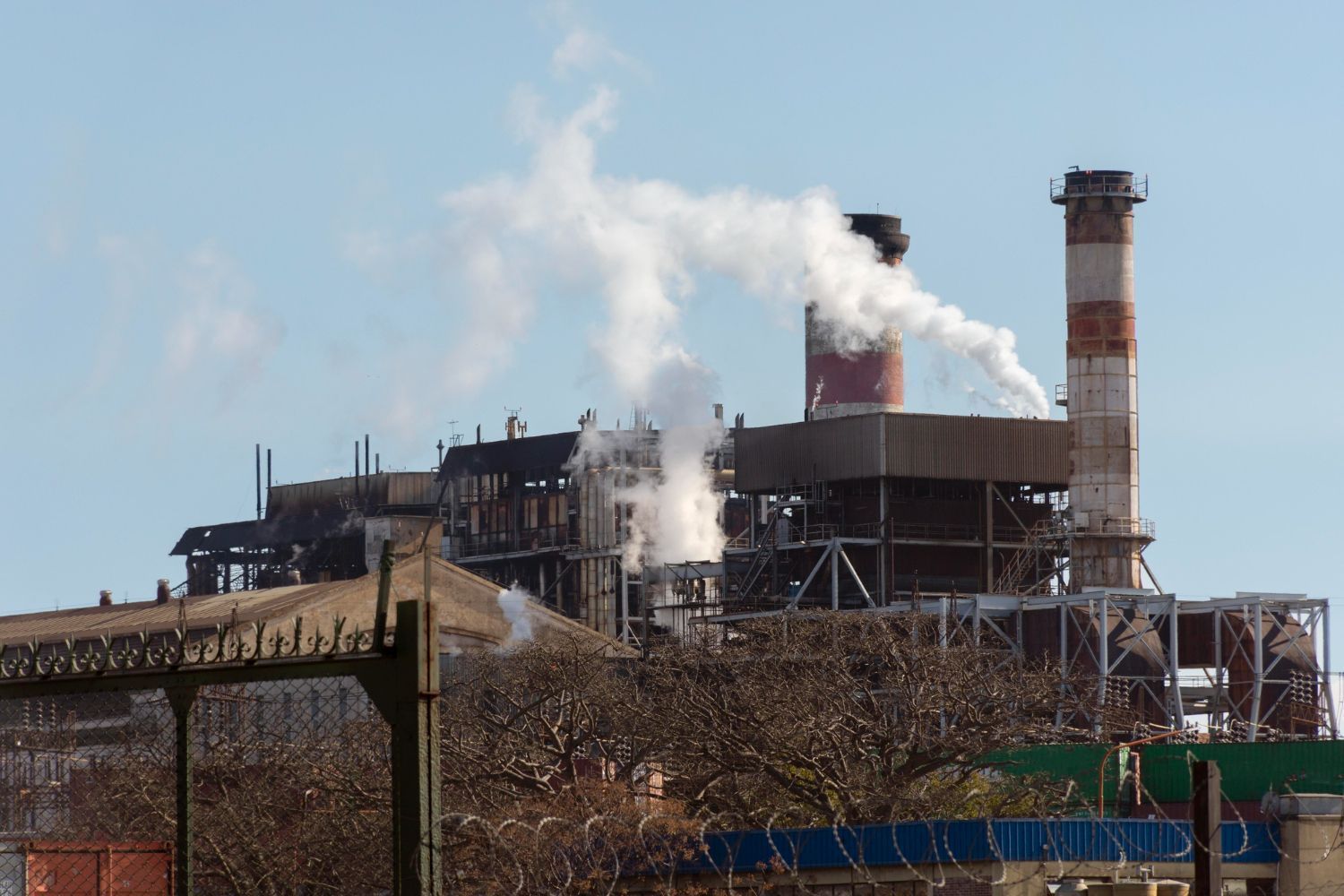Debunking Myths: Is Pressure Washing Bad for Concrete? Unveiling the Truth and Best Practices
Introduction
Pressure washing is a popular method for cleaning and revitalizing various surfaces, including concrete. However, there are misconceptions and concerns about the potential damage that pressure washing may cause to concrete. In this blog post, we will address the question, "Is pressure washing bad for concrete?" by debunking myths and providing insights into the truth behind this topic. We will explore the effects of pressure washing on concrete, potential risks, and best practices to ensure safe and effective cleaning.
Understanding Concrete's Strength and Durability
Concrete is renowned for its strength and durability, making it a widely used material for driveways, sidewalks, patios, and other outdoor surfaces. Properly mixed and cured concrete can withstand significant pressure and weathering. It is important to note that pressure washing, when done correctly, does not inherently harm concrete. Concrete is designed to withstand external forces, including water pressure. However, improper techniques or excessive pressure can lead to potential issues.
Potential Risks of Incorrect Pressure Washing
While pressure washing is generally safe for concrete, certain risks can arise if the process is not performed correctly. Using excessive pressure can damage the concrete surface, leading to etching, chipping, or pitting. Additionally, using incorrect nozzle tips or holding the pressure washer too close to the surface can cause similar damage. It is also crucial to avoid using high-pressure washing on older or deteriorating concrete that may be more susceptible to damage.
Determining the Appropriate Pressure and Techniques
To ensure the safety of concrete surfaces during pressure washing, it is crucial to use the appropriate pressure and techniques. Lower pressure settings, typically between 2,000 and 3,000 PSI (pounds per square inch), are recommended for most concrete cleaning tasks. Higher pressure should only be used for specific situations, such as removing tough stains or graffiti. It is also essential to select the correct nozzle tip, usually a wide-angle fan tip, to distribute the pressure evenly and minimize the risk of damage.
Precautions for Delicate Concrete Surfaces
Some concrete surfaces, such as decorative or stamped concrete, require extra caution during pressure washing. These surfaces often have intricate designs or delicate coatings that can be susceptible to damage. Lower pressure settings, gentle sweeping motions, and the use of surface cleaners or soft brushes are recommended for these surfaces. It is advisable to test a small inconspicuous area before pressure washing the entire surface to ensure that no damage or discoloration occurs.
Best Practices for Safe and Effective Pressure Washing
To ensure safe and effective pressure washing of concrete surfaces, following these best practices is crucial:
- Preparing the surface: Remove loose debris and sweep the area before pressure washing to prevent dirt or particles from getting pushed into the concrete.
- Pre-soaking and applying cleaning solutions: Pre-soaking the concrete with water and applying appropriate cleaning solutions can help loosen dirt and stains, making the pressure washing process more efficient.
- Maintaining the appropriate distance: Maintain a distance of at least 12 to 18 inches between the pressure washer nozzle and the concrete surface to prevent damage.
- Consistent sweeping motions: Use consistent and overlapping sweeping motions while pressure washing to ensure even cleaning and avoid streaks or uneven results.
- Protective measures: Wear appropriate safety gear, such as safety glasses, gloves, and non-slip footwear, to protect yourself during the pressure washing process.
- Regular maintenance: Regular pressure washing maintenance can help prevent the buildup of dirt, stains, and algae, reducing the need for high-pressure cleaning in the future.
Conclusion
Contrary to popular misconceptions, pressure washing, when done correctly, is not inherently bad for concrete. Understanding the strength and durability of concrete, as well as employing proper techniques and precautions, ensures safe and effective cleaning. By using the appropriate pressure settings, selecting the correct nozzle tips, and following best practices, you can rejuvenate your concrete surfaces without causing damage. If you are unsure or have concerns about pressure washing your concrete, it is advisable to consult with a professional pressure washing service to ensure optimal results.
Service Areas
Contact us and find out if we have a team in your area!
Address: Fort Wayne, IN 46825, United States of America Phone: (260) 615-0229
Dean Baughman Industrial Maintenance Services
